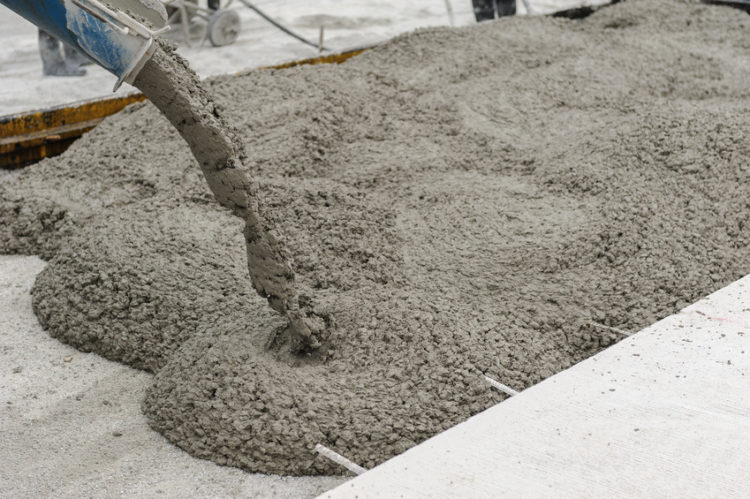Concrete is extremely prolific; it exists all around us, performing a vast array of functions and fulfilling many roles. Despite its reputation as a hard labor trade, the concrete industry is beginning to change; specifically, many companies are requiring their workers to go through training and certification programs to keep up with advancements in technology and safety regulations.
The push for these programs comes from a variety of industry organizations, such as the American Concrete Institute (ACI), the National Ready Mix Concrete Association (NRMCA), the American Shotcrete Association (ASA), and the Tilt-Up Concrete Association (TCA), to name a few. The individual knowledge these groups possess — from technical expertise to years of experience — can help manufacturers around the country become more adept and efficient at their specific jobs, whether they’re related to concrete safety or concrete quality and productivity management.
Since the introduction of these certifications, many concrete contractors have found their implementation gives them an edge over the competition, proving that their dedication to knowledge will shine through in their work. ACI already boasts 18 programs (ranging from industrial repair to anchorage design), and many more are in the works. Employees can learn about the basics and fundamentals of the trade, and can even attend public and online seminars.
World of Concrete (WOC) has been a source of support for such programs. As the industry’s only annual international event, they work with many of the institutions that provide education to those in the business.
“A number of states are now requiring contractors to complete some continuing education credits in order to maintain their licenses, just as architects and engineers have had to do for a long time. We’re working with those states to ensure that WOC remains an approved continuing education provider,” said Bonnie King, WOC’s senior conference manager.
Considering the fact that concrete is used more than any other man-made material in the world, the difference that even basic educational programs could have is cyclopean in scale; less material would be wasted in the construction of roads and buildings, and fewer accidents would occur, protecting human life and company time and financial limitations.



